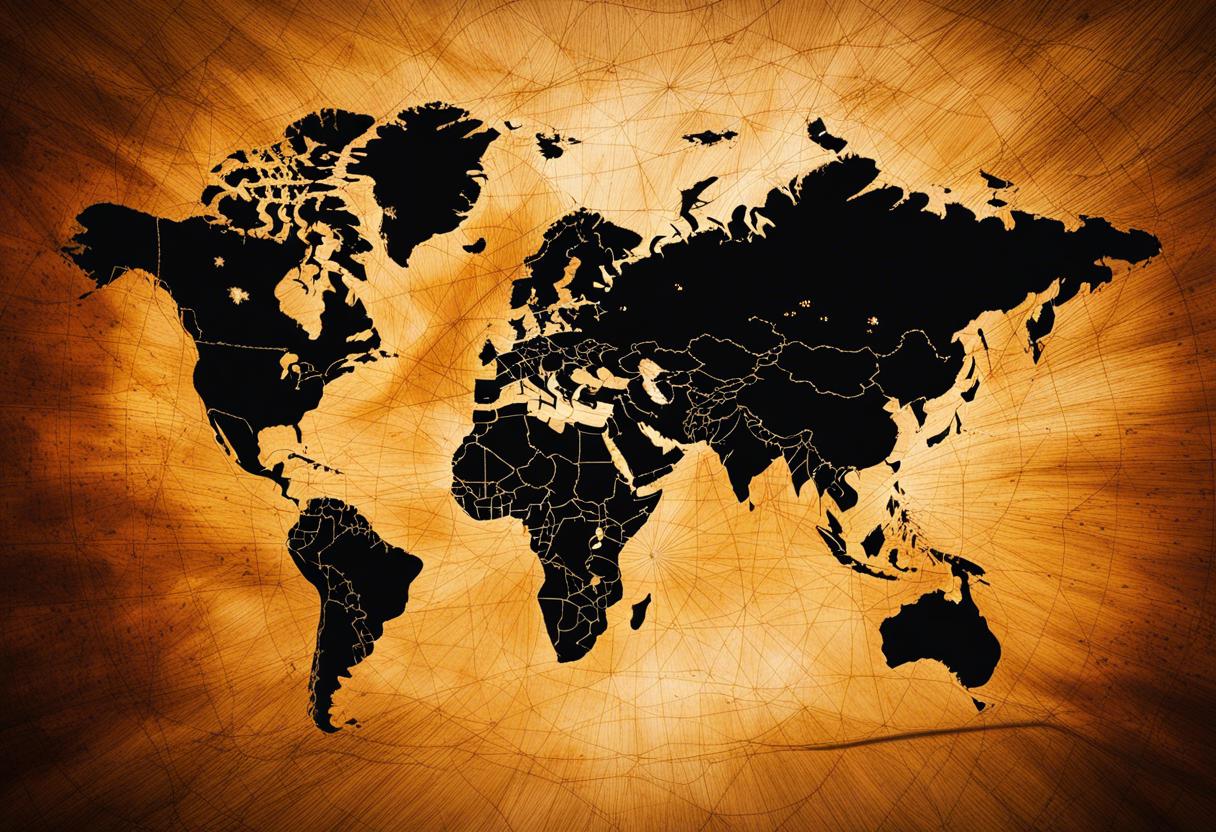The Minister for Justice in Ireland, Helen McEntee, has declared that up to eight new nations could join the group of those recognized as “secure” under Ireland’s international protection regime. The countries on this list are regarded as safe, which means there’s generally no persecution, torture, inhumane treatment, or war. Asylum applications from these safe countries are processed faster, with a decision made in a maximum of 90 days.
Currently, the recognised safe countries include Albania, Bosnia and Herzegovina, Georgia, Kosovo, Macedonia, Montenegro, Serbia, South Africa, Algeria, and Botswana. However, the ongoing strain on the Irish asylum accommodation system has prompted the consideration of expanding this list.
The questions regarding a significant 72% hike in asylum seekers arriving in Ireland during the opening quarter of 2024, in comparison to the same period the previous year were addressed by Ms McEntee at the Fine Gael Ardfheis press conference. She emphasised the need for hastening application processes to better support those who truly require aid and expeditiously exit those without legitimate claims.
Ms McEntee observed that applications are currently being processed at a rate four times higher than two years ago, attributing this to the increased staffing, the acceleration of procedures, and the addition of countries to the safe list. She acknowledged the need to enhance the progress already made, which is why hiring practices for the international protection office have continued.
The Justice Minister is looking at potentially adding eight other countries to the “safe countries” roster, with the review likely to be concluded within weeks. Graphing the future, McEntee indicated that the EU’s migration pact will facilitate more efficient and faster returns of individuals to nations where they already have asylum.
Ms McEntee conveyed that the introduction of a superior check system will make it easier to spot anyone who could be a potential danger coming into our country. She mentioned the initiation of brand new mechanisms of solidarity and dispelled doubts about the migration pact posing any harm for Ireland.
International protection seeking individuals have increased not only in Ireland, as confirmed by Ms McEntee. She emphasised the necessity to closely examine the fundamental factors that cause people to leave their native lands. Hostilities, economic hardships and climate change challenges are precipitating reasons for such a departure.
The EU’s aim to buttress these home countries by boosting their economies and playing a part in the pacification of regions grappling with severe fighting was highlighted by Ms McEntee.
There have been rumours regarding Ms McEntee’s potential transfer to a distinct department, a decision to be taken by the incoming Taoiseach, Simon Harris. In response to queries about whether her plea to remain at the Department of Justice has been compelling enough, she said it’s Mr Harris’s call. Although she expressed that she hopes to carry on her work there, she would enthusiastically support Mr Harris regardless of his final decision.

